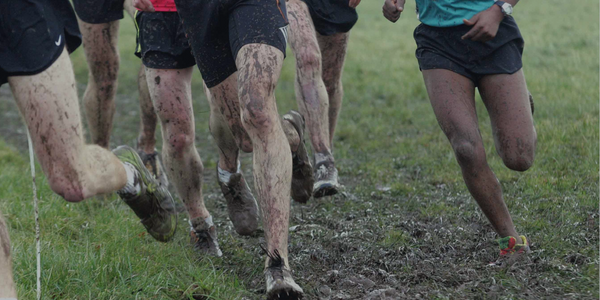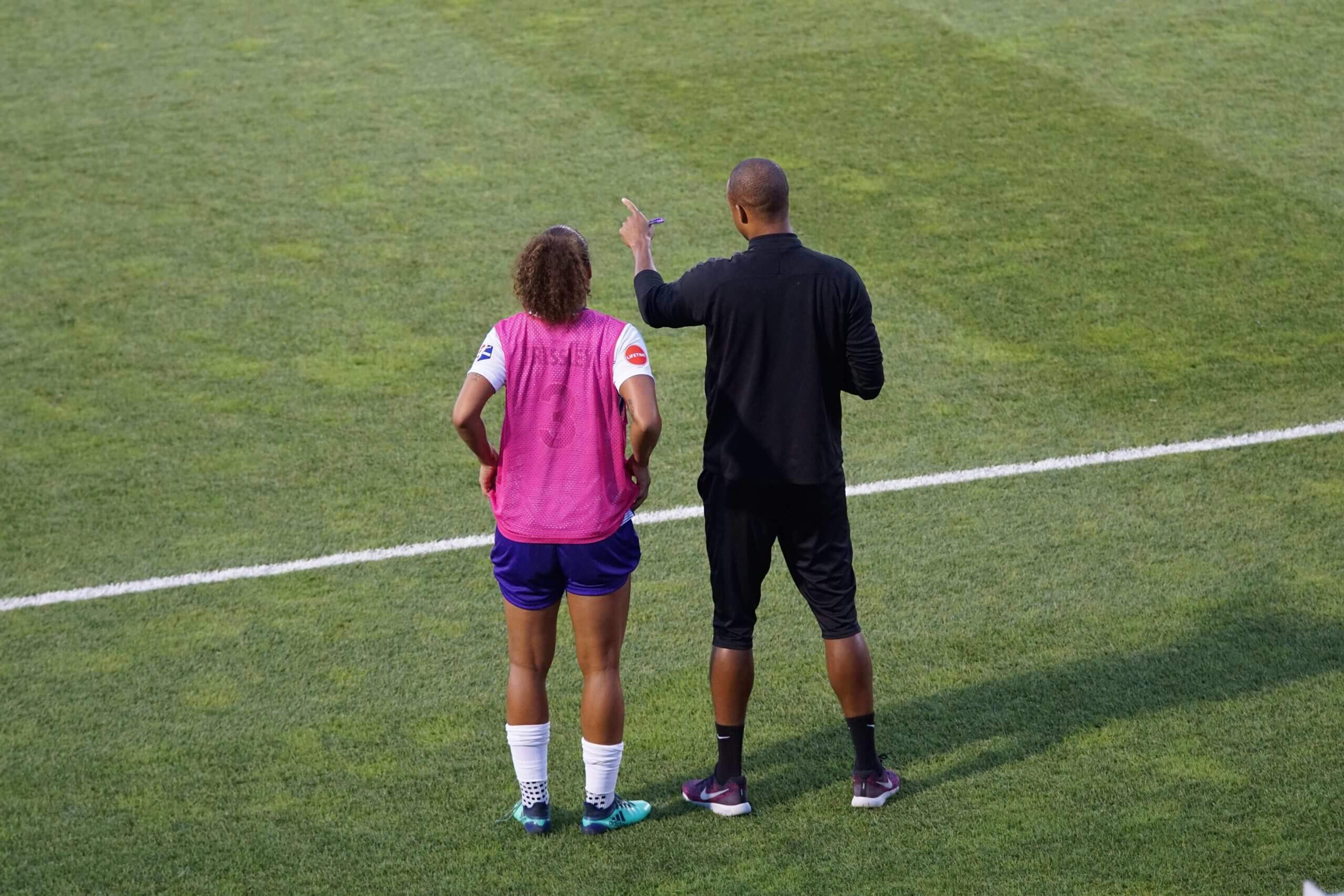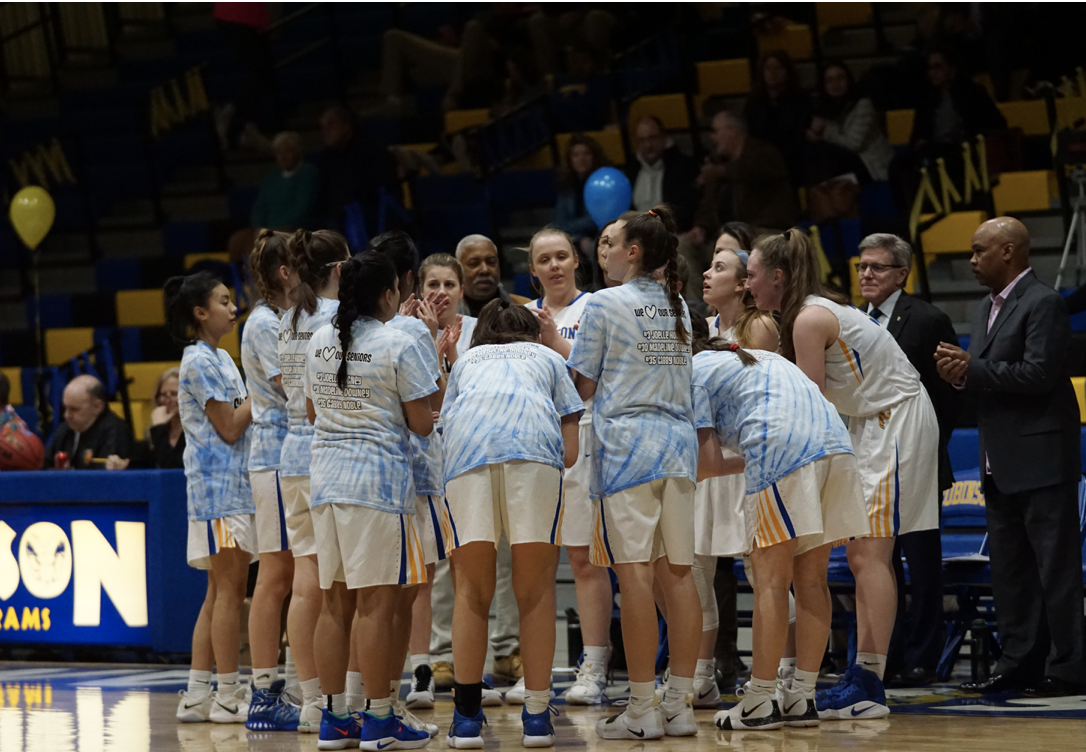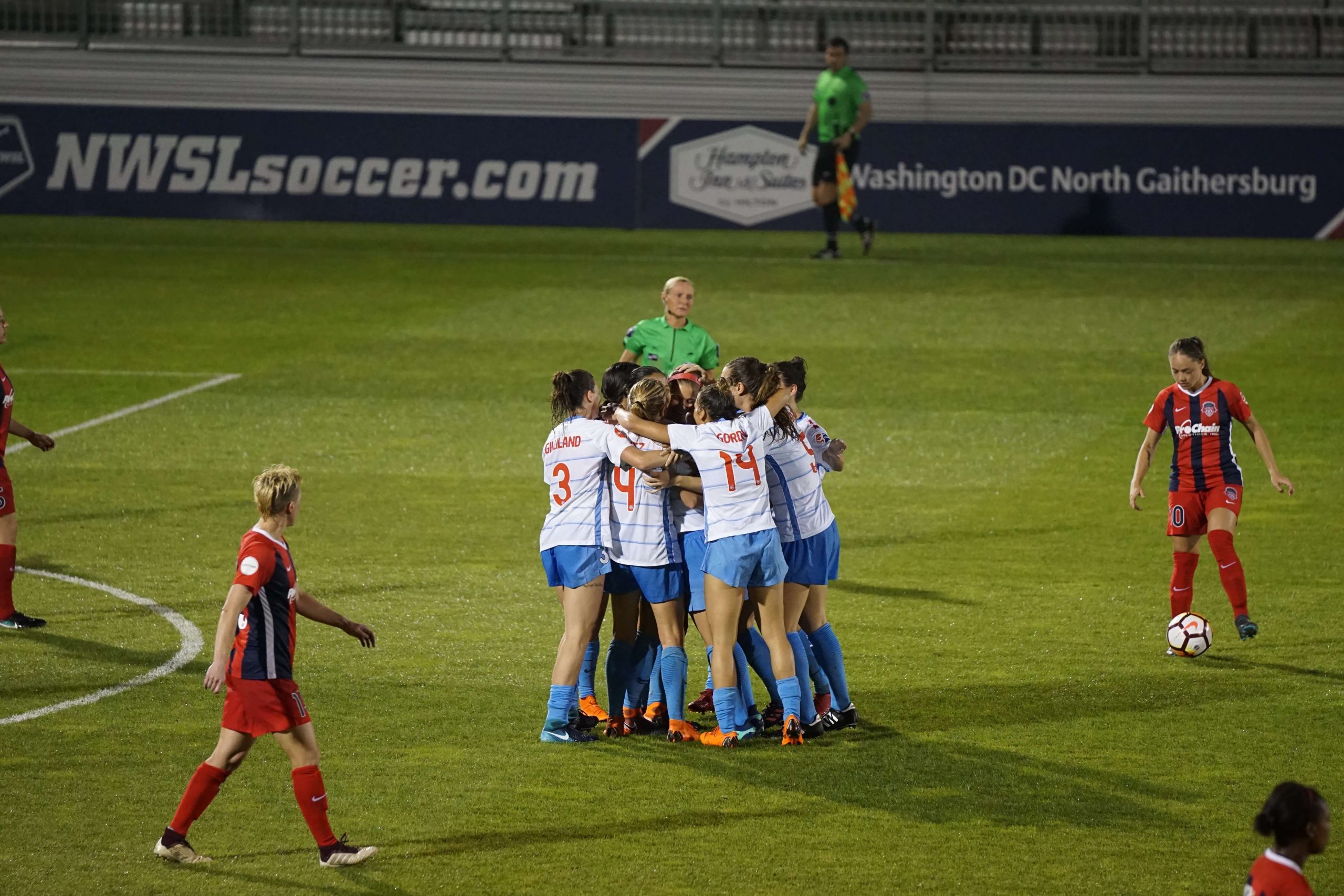High school sports in America have never been more competitive or more intense – both for players and coaches. So, while only 2% of participants will ever hoist a state championship trophy in the air, how can we ensure the other 98% of student-athletes find value and significance in their sports experience? By working with ADs and club directors to coach their coaches. And no, this has nothing to do with Xs and Os or game day strategy. It’s helping them understand the very big idea of Transformational versus Transactional coaching. When these two methods are synergized, it allows coaches and players to connect on a more profound and meaningful level – a level that will leave an indelible mark on the athlete for years to come.
In this edition of Research Corner Q&A, Senior Director of Marketing, Mikal Brotnov sits down with Stacia Jorgensen, Executive Director of Research, and William Eckstrom Jr., Director of Research and Analytics, to explore how months and months of heavy research produced a straightforward 4-minute assessment that is helping change how coaches coach.
Why is the Transactional versus Transformational Assessment important to Ecsell Sports Clients?
Stacia Jorgensen, Executive Director of Research:
It’s important for two reasons. First of all, in Bill’s Tedx Talk, he explains how sometimes, when we learn about new ideas, like transactional versus transformational coaching, it can stir up feelings or experiences or emotions that make it hard for some people to connect with the message. The disconnect can be for a variety of reasons, but generally those individuals struggle to see how it applies to their own personal lives. So, the assessment is critical because it allows coaches, parents, teachers, all sorts of different people, to think about these concepts in a way that’s really personal to them.
All of this segues into the second reason: self-awareness is hard.
So, one of our goals with this tool is to help individuals think through how they coach and what they’re doing through third-party objectivity. This approach encourages self-awareness in a manner that feels more personal and engaging.
Will Eckstrom Jr, Director of Research and Analytics
We measure everything we do. Everything we contribute to our clients revolves around a journey of growth for coaches. That journey leads to a lot of transformational coaching behaviors. What we view as elite coaching, can be described as transformational. So by and large, we’re always striving to reach transformational levels within our own business and for all coaches. We’re continually exploring this; defining it; and measuring it. It’s exciting.
How do you take the terms transactional and transformational and define them in the assessment?
Will: Let me preface this by saying people shouldn’t view “transactional versus transformational,” as a dichotomous good or bad. That’s not the case.
Stacia: Exactly. It’s not one or the other.
Will: Transactional behaviors are absolutely necessary in transformational coaching. It’s a foundation of which true transformational coaching relies on.
Stacia: There are nuances and overlap between them. Certain situations require a little bit more of one type than the other. But the main thing is helping coaches be self-aware about where they need to insert more transactional behaviors, versus other situations where transformational is what’s needed. Ultimately, though, situations and team dynamics drive that understanding.
So, measurement is necessary to further understanding?
Stacia: Yes. But as far as how to measure it, or how to operationalize these concepts, we leaned on past research conducted by professionals and experts in these fields so we could better understand what we’re talking about. Plus, at Ecsell Sports, we stand by the things we believe in and the things we think coaches should be doing to really promote the kind of growth that Bill talks about.
So, it’s a mix of considerable literature review and understanding previous research, but then also based on our own research that we’ve collected and our own experiences, paired with what we stand by and value.
Knowing that everyone has their own immediate ideas of what the terms “transactional” and “transformational” mean, what kind of hurdles did you overcome to make the assessment?
Stacia: These are really big concepts that we’re talking about. They’re not one dimensional. So, how I approach transformational coaching may not be exactly how you approach it or how William approaches it. It can be very personable and individualized. So, one of the big challenges was how do we take this really enormous thing and find the most universal aspects of it that we can use to help people grow in these areas.
Again, we really relied on previous research by experts in the field, along with what we already knew from the business world and the years of experience Ecsell Institute has researching leadership and coaching to come up with some of those definitions in the most universal way possible. So even if you take the assessment, there may be aspects of your coaching that aren’t covered. And that’s okay because really, we’re trying to cast the biggest net to help the most people.
Mikal: In other words, universalize it.
Will: Exactly. It’s embedded in every relationship imaginable, like parenting, interpersonal relationships, and managerial. Anywhere you have a relationship, you have transactional and transformational behaviors. So, by making it universal, and applying it to our work is both challenging and exciting.
But because it’s such a large concept, it’s important to remember that It’s not black and white – it’s a gradient. And because it’s not a binary, dichotomous choice, things can get a little blurry when you cross over from transactional to transformational. And like Stacia said, it’s individualized and unique to each person. It’s really neat stuff. Actually.
Two big questions. Why do you think coaches should take this assessment? And what benefit will coaches get out of taking this assessment?
Will: Everyone is always on a journey of growth. The first step to making real progress is self-awareness. So just taking a step back, looking at the questions we ask and taking a good look at yourself can make you aware of a lot of things you hadn’t already considered.
Stacia: I second that.
One of the main things that I hope comes from this, is that coaches start to think differently about how they’re coaching or find some different way to challenge themselves. Self-awareness is hard, but the assessment can get them to consider the impact of their coaching, how they might improve, and what sort of things others around them are doing.
Ideally, it’s a conversation starter. If you and a colleague take the assessment and get different results, well, then why did you get different results? What is your colleague doing differently? How can you learn from each other? How can you challenge each other? How can you hold each other accountable so you can improve how you coach, how you lead, and how you engage with your team members? At the very least, I hope people engage with it in a way that helps them think more about their behaviors, their values, and the impact they can have.
How, then, does the assessment help student-athletes?
Will: Everything we do is based around that very concept. We want to inspire introspection among our coaches, to evaluate what it is they’re doing and be a little more mindful about how they’re impacting their athletes. The student-athletes are the direct beneficiaries of the learnings their coaches gleam from the assessment.
Stacia: Big things start in small places and in small ways. Even if someone walks away from having taken this assessment and thinks, “You know what? I’m going to change this one small thing in how I coach!” That can have huge impact on student athletes because they could walk away from a practice feeling more encouraged or confident in their skills. That’s some powerful stuff!
Can you share one big takeaway that you had in working out the methodology?
Will: Most of us are constantly aware of transactional and transformational behaviors to some degree. But to finally understand how intrinsic the two are, to see how our work actually synergizes them from the ground up was pretty powerful stuff.
Stacia: This assessment isn’t something we just threw together in an afternoon and thought, “Yeah, that’s good enough!” This took hours and hours of data and questioning and discussions and leaning on research that we had already done with coaches and student athletes to understand their experiences. We had to understand what matters to them most and what impact the coach has on their experience. Honestly, it’s a fun assessment to take. You can complete it in about five minutes. But it’s something we take very seriously and really stand behind.
Will: Exactly! The assessment represents months of research and internal discussions. And while we initially set out to challenge the coaches that will take this, we ended up challenging ourselves as well! So, it definitely stimulated our own realm of personal growth.
Stacia: Our hope is that whoever takes it will walk away with something they can apply in their coaching, or might inspire them to think differently about how they coach. But the best part is that there are no wrong answers. It’s not a pass or fail. There are no A-grades or C-grades or any kind of grades. And the results you get today may be different than the results you get a year from now. Because when our environments change, our experiences change as well. Those experiences ultimately drive your answers in the assessment.
Mikal: Thank you both for your incredible work and your dedication to our mission.















